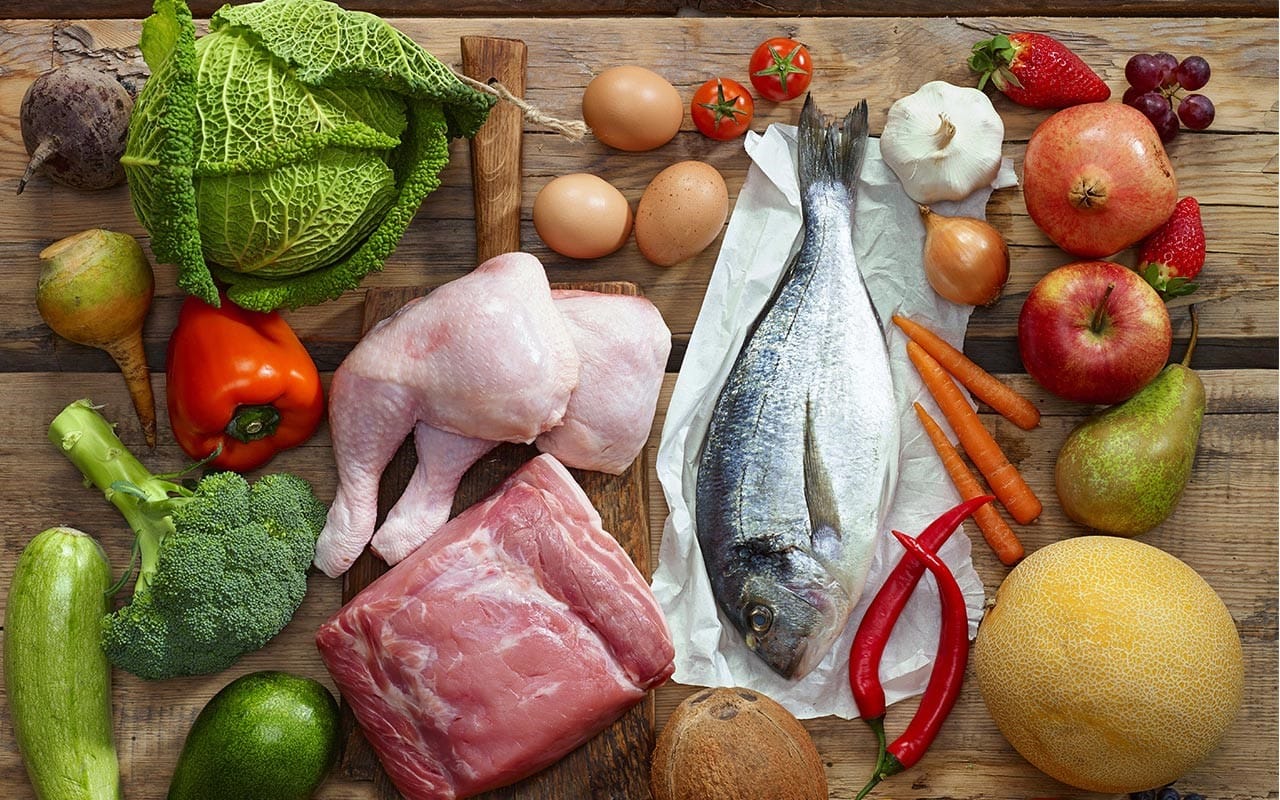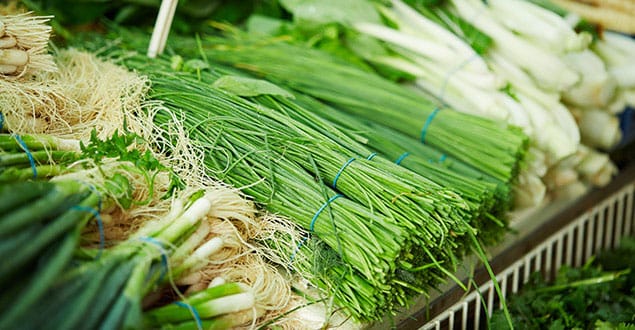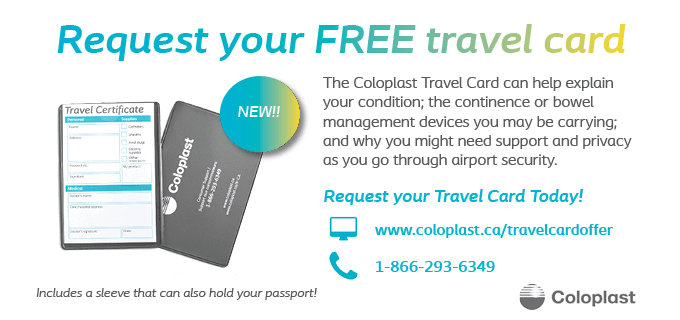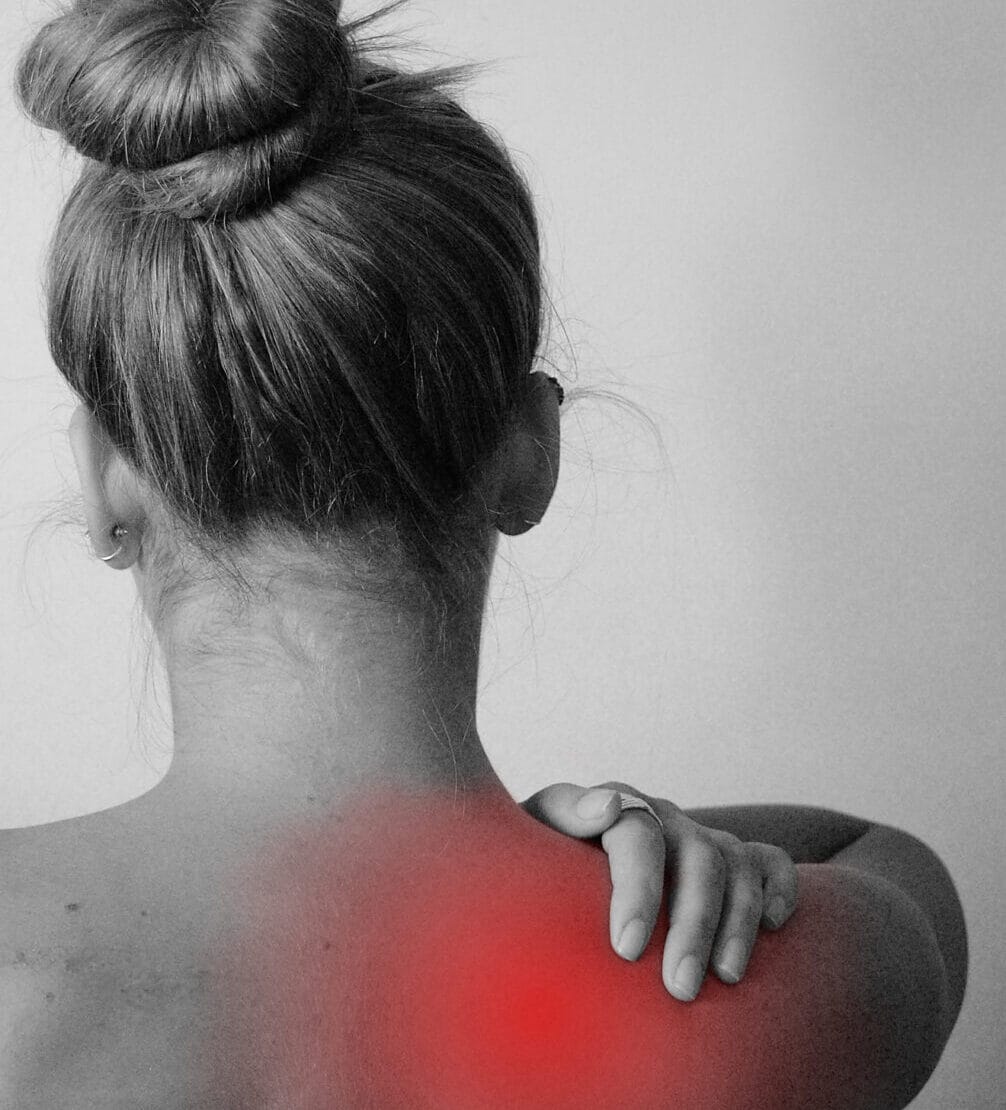
Food is one of life’s greatest pleasures – going well beyond survival and satisfying hunger. We share and give food, and mealtimes are often the events where family or friends come together. Meals can also be both symbolic and part of a ritual.
We can all allow ourselves to ‘sin’ occasionally as long as we eat healthy on a daily basis. When you have a medical condition it is even more relevant to look at what you put on your plate and in your glass.
Eating quality and nutritious food and drinking sufficient fluids may help to:
- Maintain a healthy weight
- Reduce the risk of developing lifestyle diseases
- Fight infections
- Assist in the management of heart disease and diabetes
- Keep the skin healthy
- Encourage regular bowel and bladder function

Here are some of the nutrients you need to maintain a healthy diet:
Protein
- Good for: Building muscles, repairing tissue, fighting illness and disease, carrying nutrients through the body and producing hormones, to name just a few.
- How much: This depends on your weight and your activity level (exercise). Ask your doctor how much is ideal for you, as too much protein is not healthy.
- Best sources: Lean meat, chicken and fish, eggs, dried beans, and nuts.
Vitamins and Minerals
- Good for: Supporting normal body function and preventing disease. The different vitamins and minerals each have different roles; some may help heal wounds, bolster your immune system, convert food into energy and much more. Many effects are gained from different vitamins and minerals interacting.
- How much: For many people, a minimum of 5 portions of fruits and vegetables per day is recommended, which also ensures that you get enough fiber. Fiber is important to avoid constipation, which may have a negative impact on your bladder health.
- Best sources: Fruit and vegetables are best, but it can be found in many types of food. If you ensure variation to your diet, you would normally get what you need. If in doubt, supply with vitamin and mineral tablets. Always consult with your healthcare provider first.
Fibre
- Good for: The right amount of fibre is important to establish and maintain stools and avoid constipation, which can have a negative effect on your bladder.
- How much: The US national recommendations are 30-38 grams a day for men and 21-25 grams a day for women.
- Best sources: Fruit and vegetables, pasta, rice, whole wheat bread.
Fluids
- Good for: When increasing your intake of fiber, it is important that you drink enough fluids, normally around 6-8-oz glasses a day (1.5-2 liters). Base your fluid intake on water, but you can count other types of beverages in your fluid intake for the day. Not drinking enough can worsen your bladder and bowel symptoms.

Note: Content sponsored by Coloplast. These are general guidelines meant to help you with typical questions. You should follow the specific instructions provided by your healthcare provider and the intermittent catheterization solution you are using.



